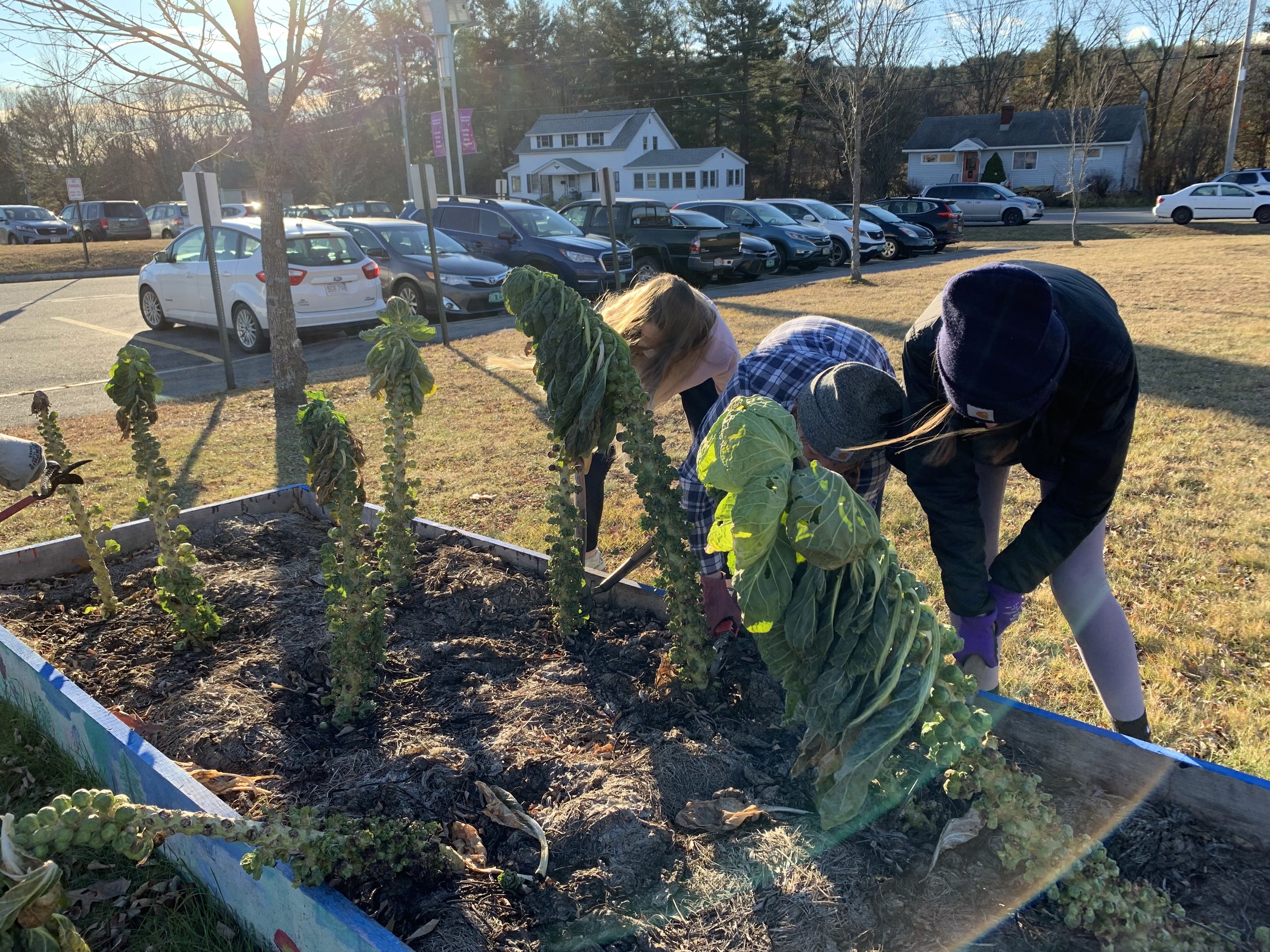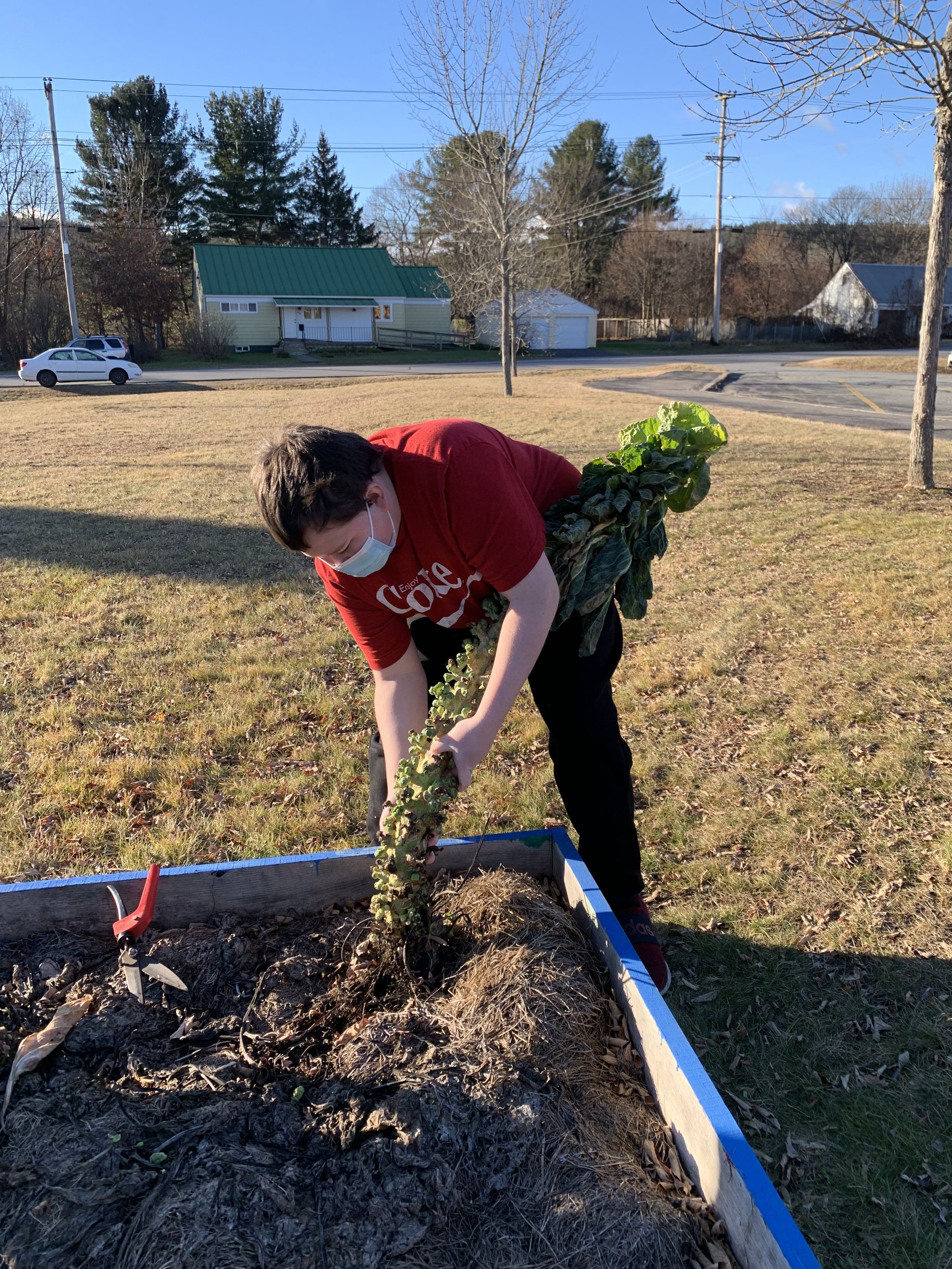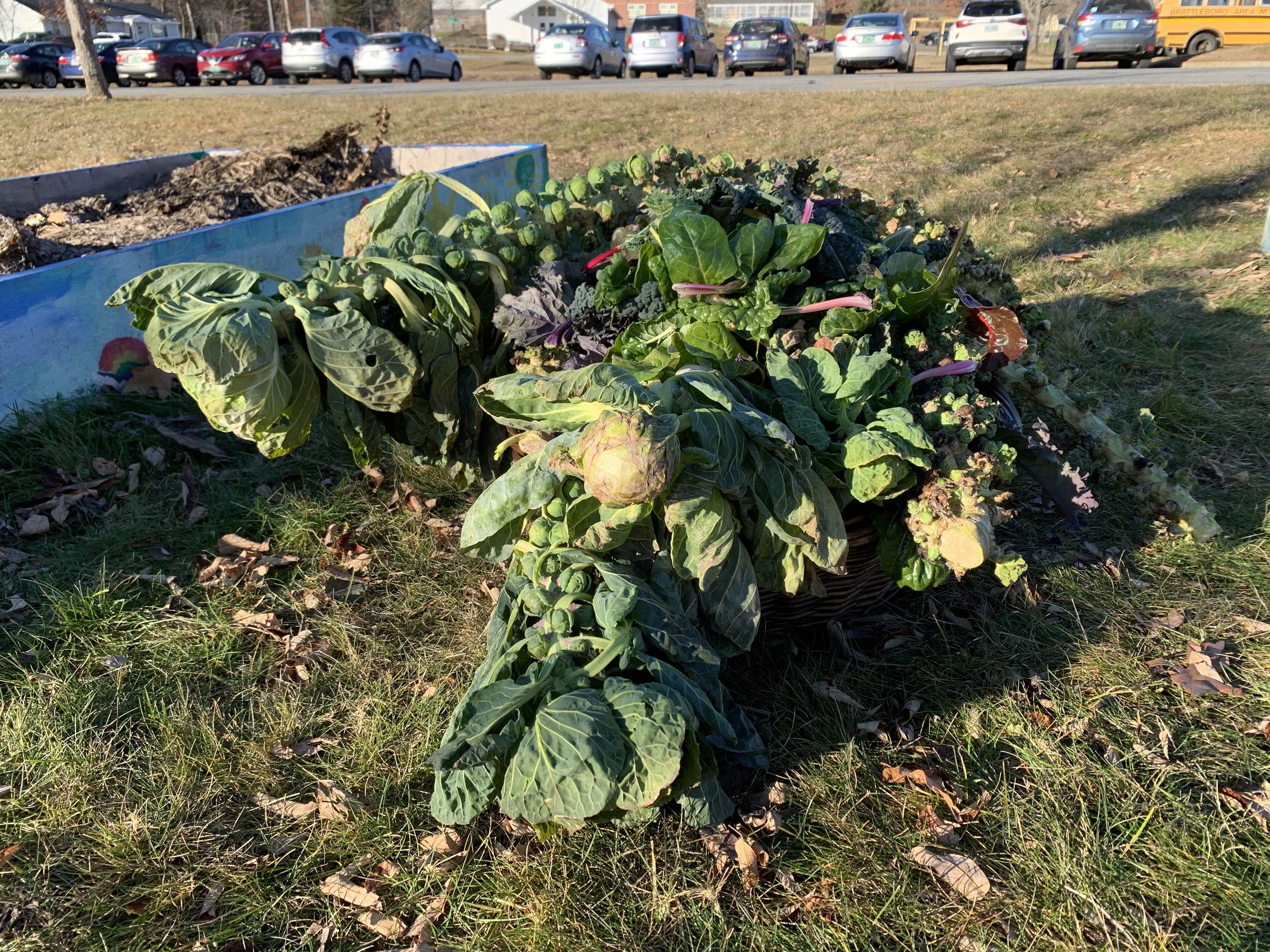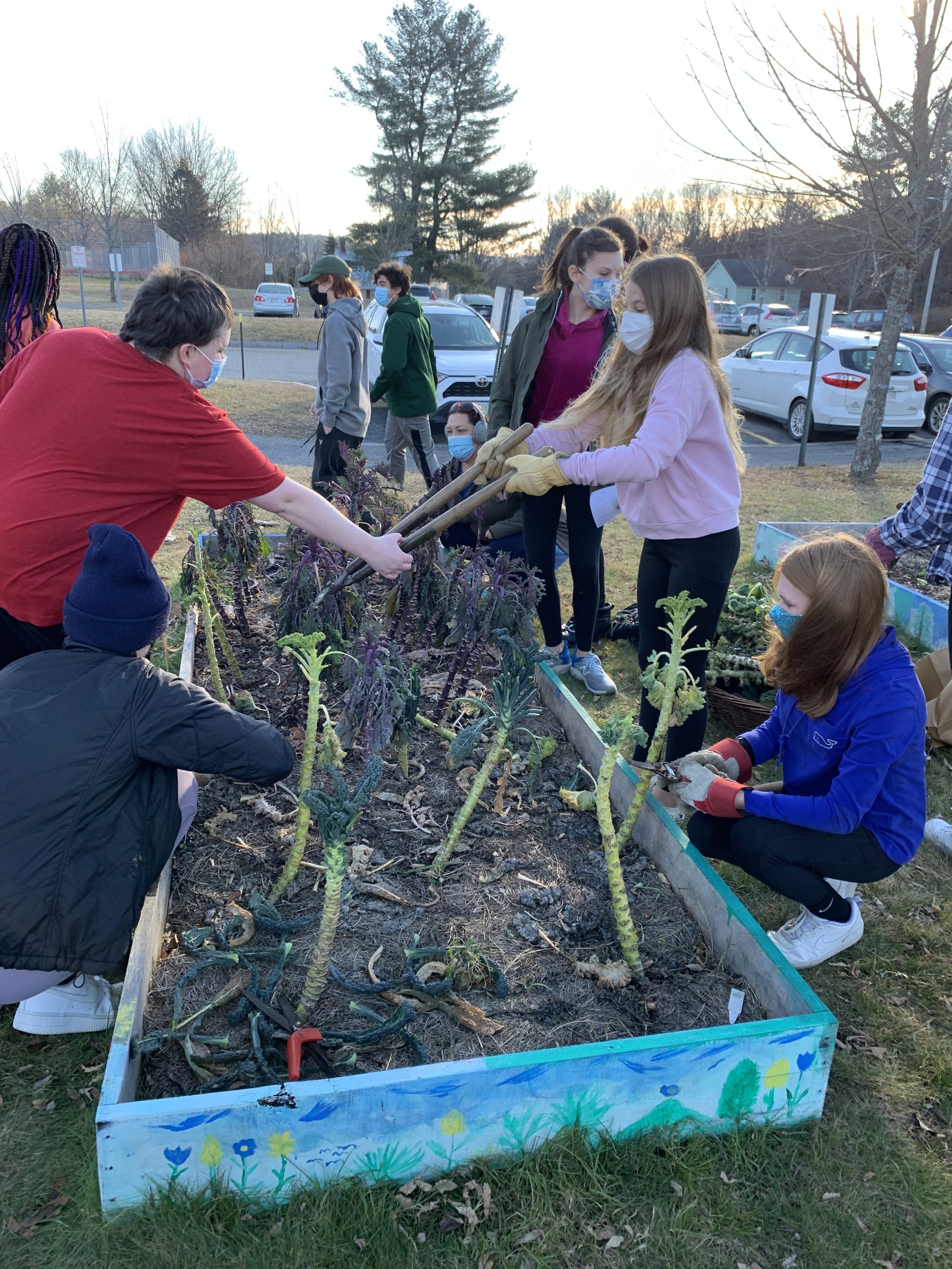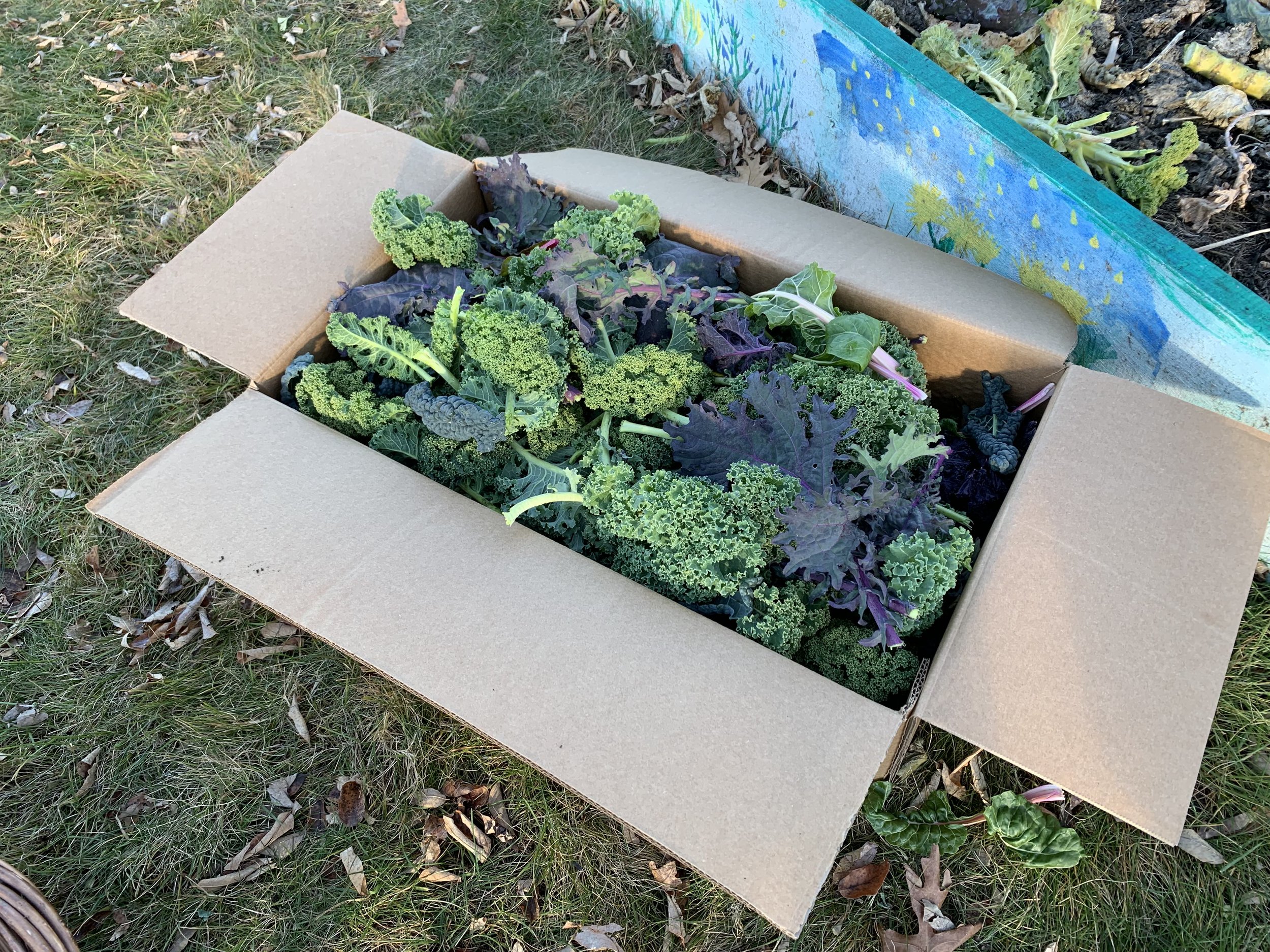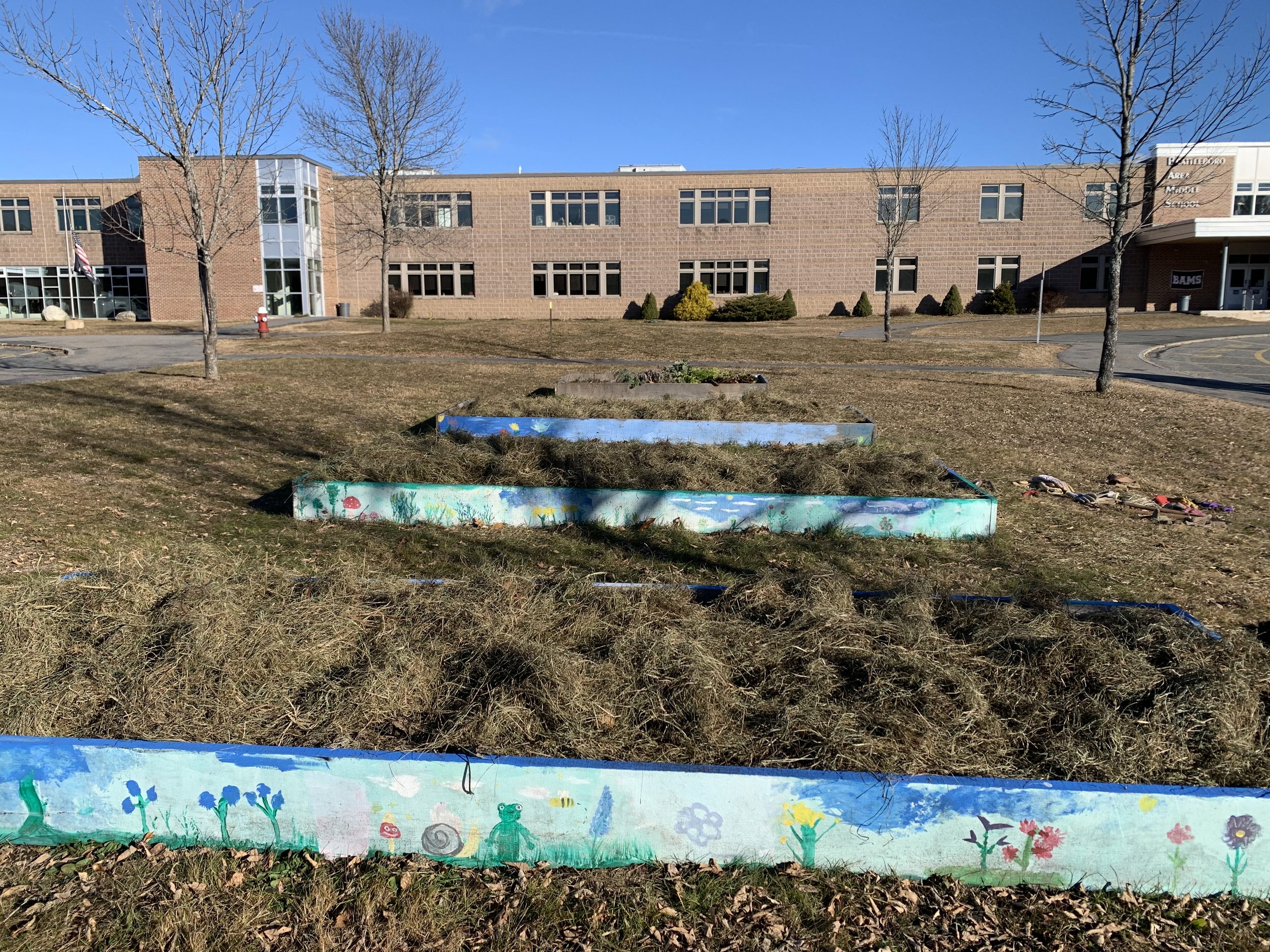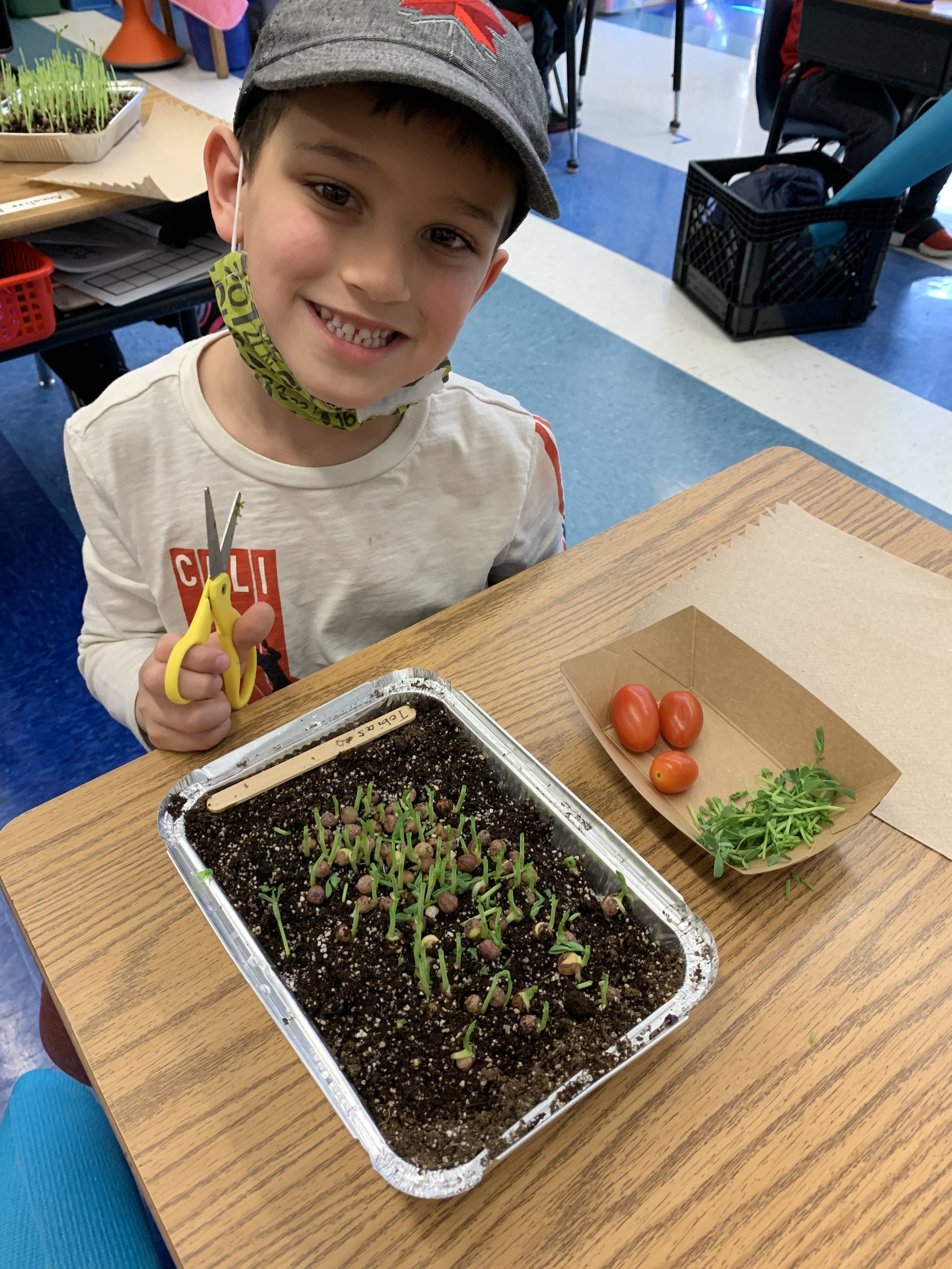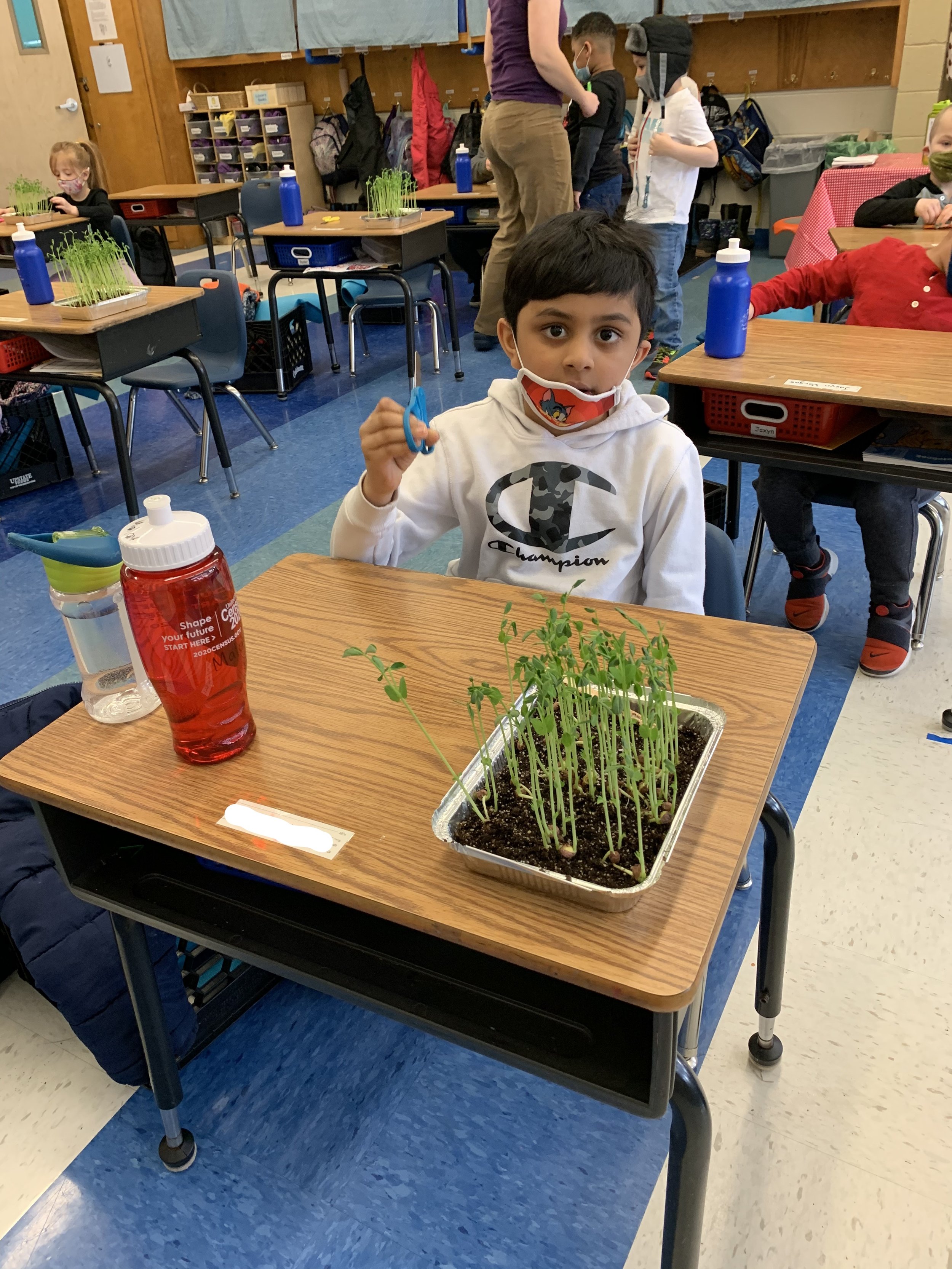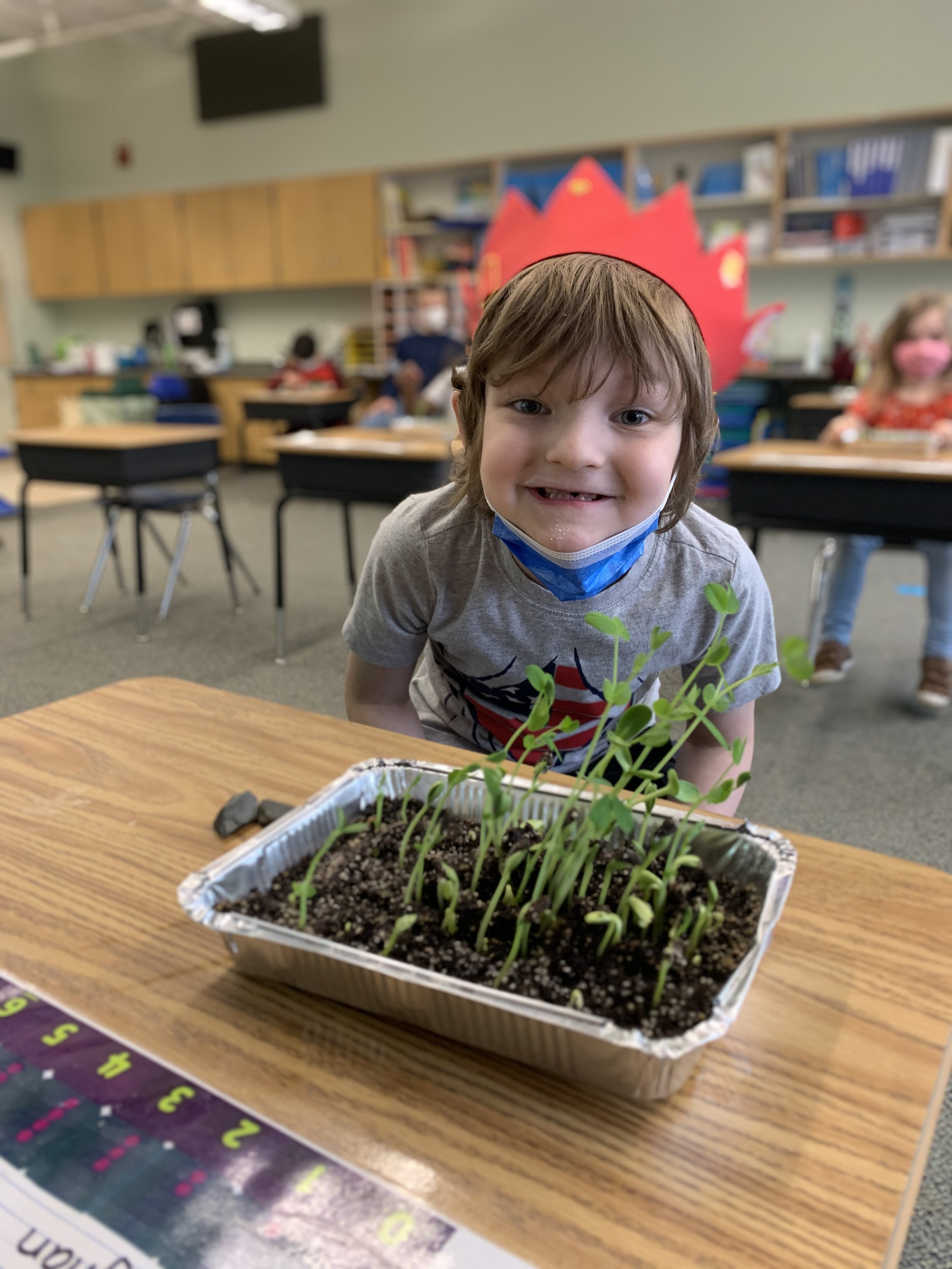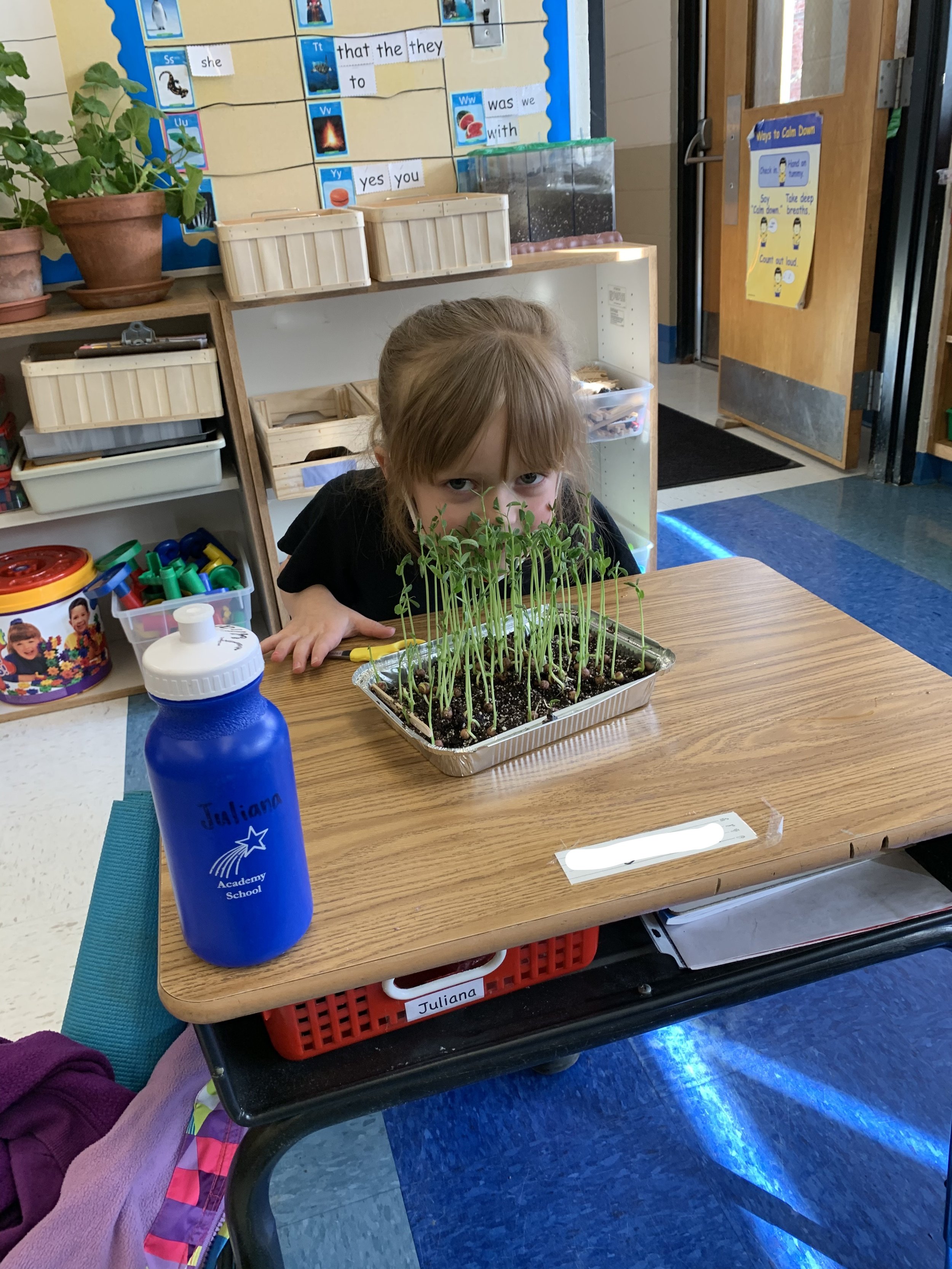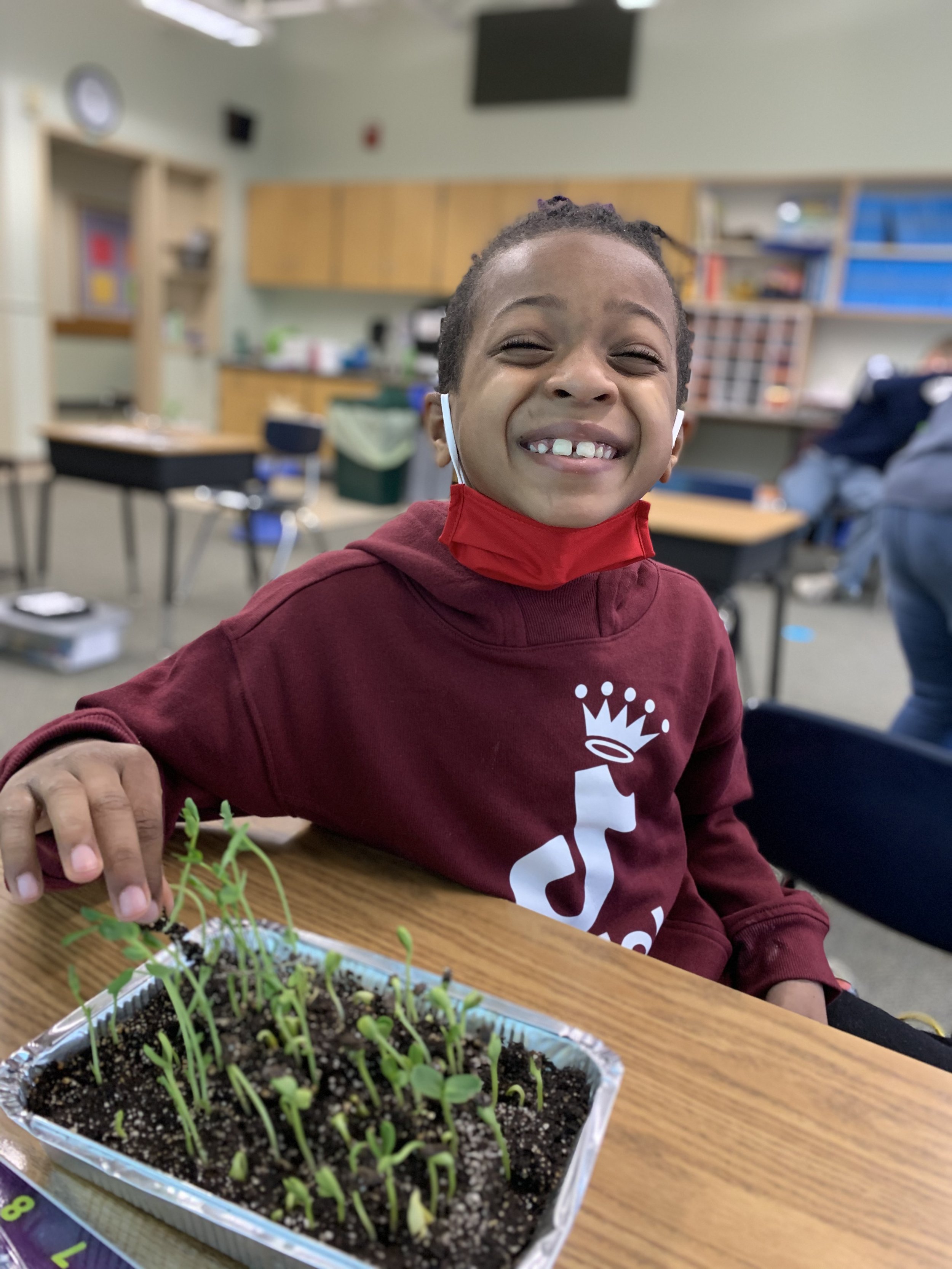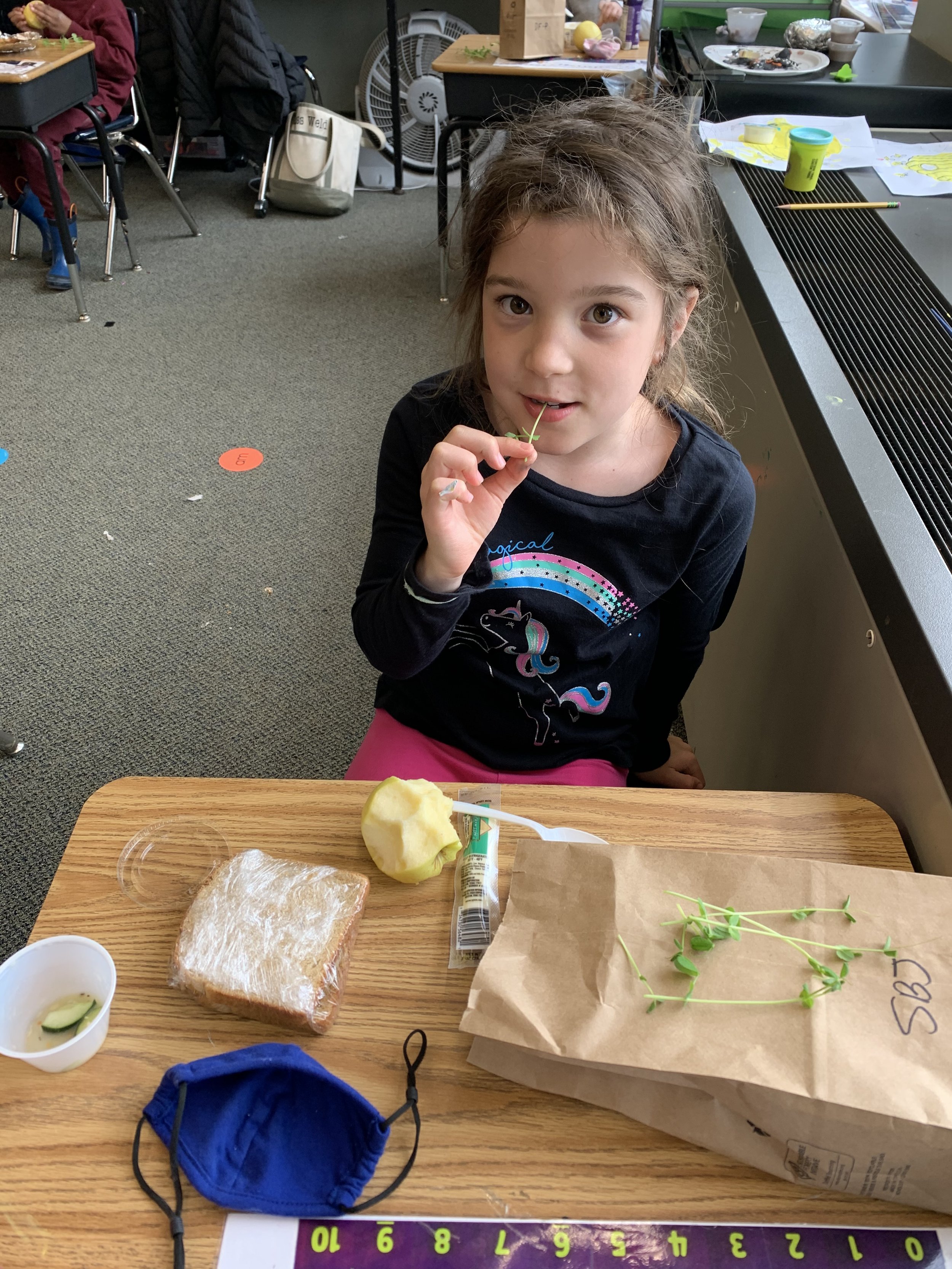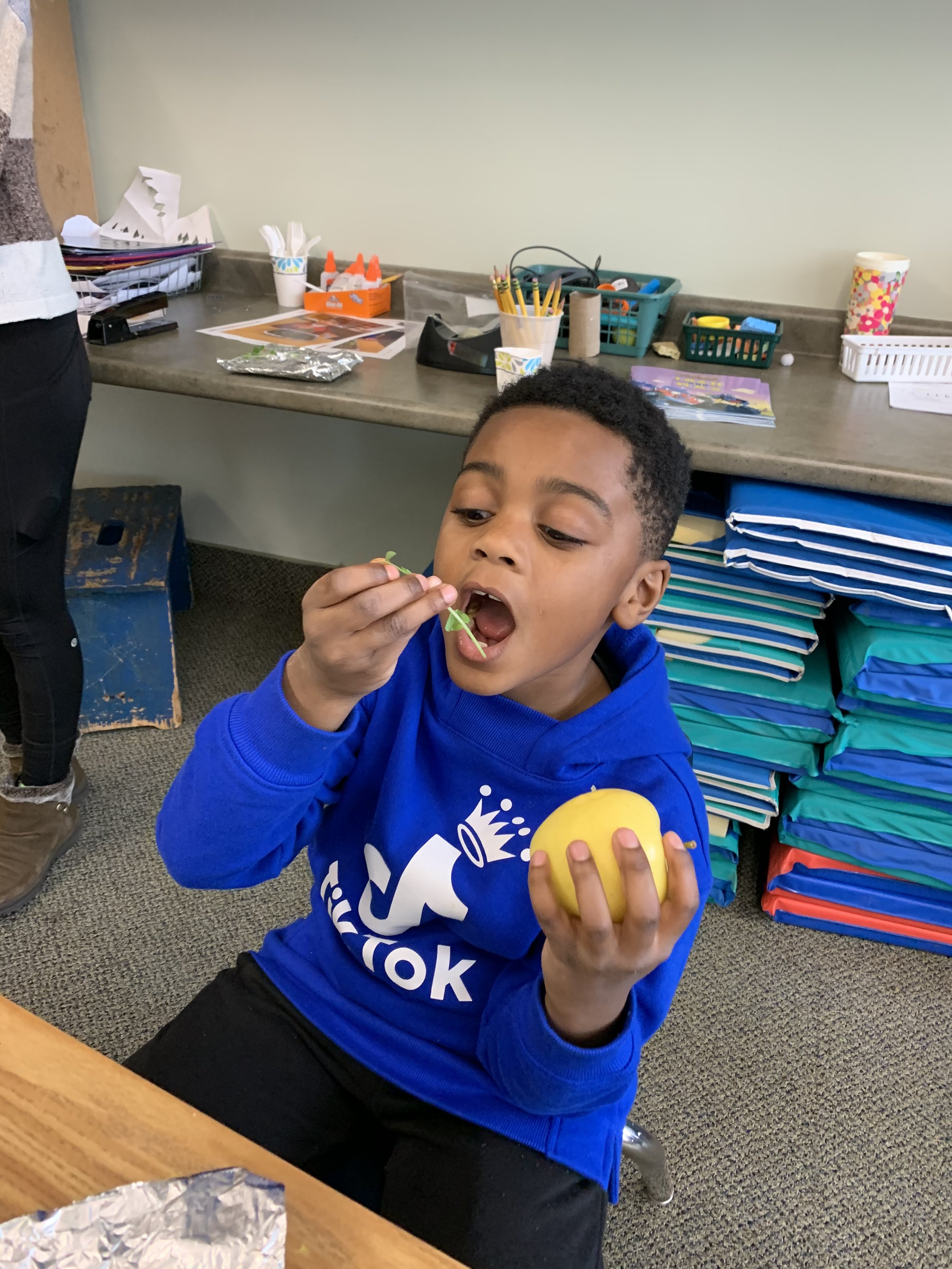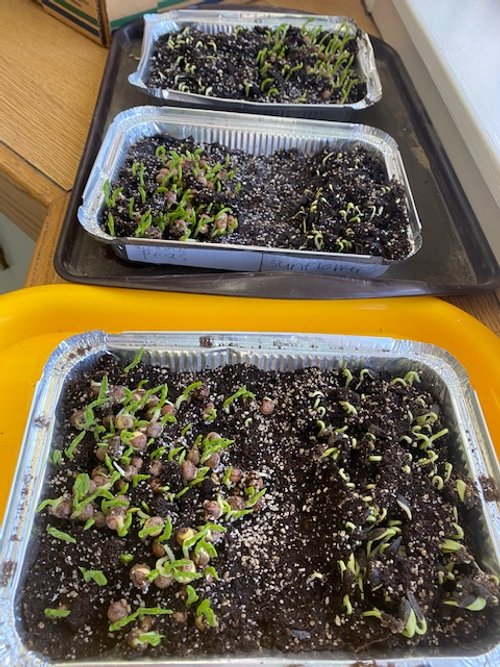We are so pleased to introduce Lindsey Mills! Lindsey started as the Site Lead/Head Cook at Guilford Central School about three months ago and is already showing massive dedication to making sure that Guilford students really enjoy the food they are eating. She has 13 years of experience in food service, but this is her first job in a school kitchen. We were lucky enough to be able to chat with Lindsey at the end of her work week to get to know her a little better, and here are some highlights.
Sadie Hunter (SH): How long have you been working in school nutrition?
Lindsey Miller (LM) : I’m actually brand new this year! I worked in food service for 13 years before this. It’s been really rewarding—more so than my other jobs. I love hearing kids come over and say they loved something new that they maybe had not tried yet. It’s a bit of a tougher crowd (than the restaurants), though.
SH: What was your biggest challenge when responding to COVID-19?
LM: I guess I’m just really lucky because I’m by myself back here and I’m not really exposed to anyone else as much anymore in the kitchen. At my last job, being in a public setting was terrifying, but now I feel a lot safer working at a school. Everyone is super precautious, and I’m super grateful for that. I wish I had worked at the school before COVID so I could see how they served everything then - now everything is individually wrapped, etc. When I was in school you would go up to the lunch person and get it from the line, and it's a lot more complicated now.
SH: Do you have children at home? If so, how did you manage child care or balance remote school with your work?
LM: No kids, but a new nephew who is less than a year and is the light of my life! I moved up (to Vermont) to be closer to my sister and nephew. It’s crazy how much things change when your sister and brother-in-law have a kid—my life really shifted because of this little boy.
SH: What do you think is one of the most important aspects of having children back in the schools this year?
LM: I’m really happy that they (students) have a super safe place to be and go like Guilford. Life can be scary and unpredictable, but I think this is a really safe, supportive place for them to be. Even if kids aren’t coming from the best homes, they are safe here, cared about, and loved.
SH: What advice would you give to someone who is interested in this career?
LM: Have an open mind and be ready to be on top of food safety! Be adaptable and always make your food with love.
SH: What has your team done well that’s led to the success of the program?
LM: I’m by myself in the kitchen, and I often feel like I’m a one-person team here, but if I need help, my supervisor, Ali West, is as accommodating as possible. When the equipment isn’t working, we always find a way to get the food made. Everyone has been super helpful; no one has ever said no to helping when I ask—both people at Guilford and people at Fresh Picks Cafe. Everyone is willing to jump in and help if I need it.
Update: Deb Johnson, who's been with Fresh Picks for three years, has been stepping in three hours a day before going to her own school (Green Street) in order to help out in the Guilford kitchen.
SH: What is your favorite memory working in school nutrition?
LM: I’ve only worked here for three months, but it’s got to be all the positive feedback I get from the kids. There is a girl who is gluten-free, and one day she didn’t like her breakfast, so the next day, I worked extra hard to redeem myself. She loved it and came dancing into the kitchen to tell me!
SH: How can the community support you and other school nutrition professionals?
LM: I guess really just by reaching out if their kid has special dietary needs. It’s really about lots of communication from parents! It would be super helpful if I had more feedback from parents about what kids like and don’t like and making sure that I have all the information that I’m supposed to have. I honestly would not mind taking 30 seconds to ask the kids what they want to eat in order to have them better understand what they are eating and not want to send it back.
SH: What brings you joy? What are some things that you do outside of work that bring you joy?
LM: My nephew and my sister bring me joy. I really love animals too, and I love to cook even when I’m not at work. I love the beach—I didn’t make it last year, but when I do, it brings me a lot of happiness.
SH: What is one thing you are grateful for?
LM: I’m grateful for every day and every new opportunity that I am given.











